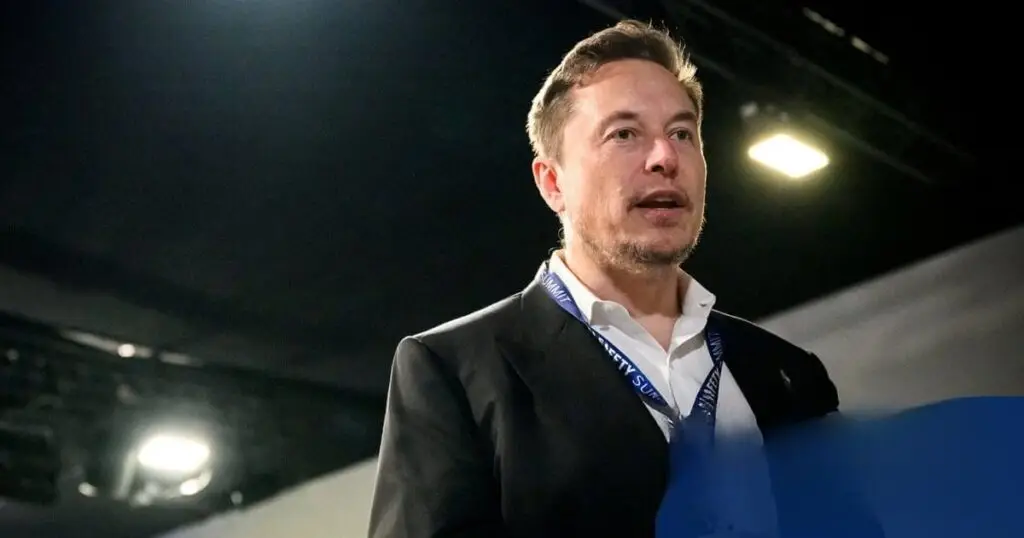Elon Musk has announced the relocation of the headquarters for both X and SpaceX from California to Texas. The billionaire cited operational challenges and legislative issues as key reasons for this significant move.
Musk stated that it has become impossible to operate in San Francisco due to several factors, including new California laws and the area’s business climate. Here’s an in-depth look at the factors leading to this relocation and its broader implications.
Reasons for the Move
Elon Musk confirmed the closure of X’s main San Francisco office, with plans to relocate the headquarters to Austin, Texas. He stressed that he had ‘no choice’ due to operational challenges. The social network’s main office has been in San Francisco since 2011.
In a social media post, Musk explained it was ‘impossible to operate in San Francisco if you’re processing payments,’ citing other companies like Stripe and Block that have also moved out. This underscores the difficulties tech companies face in the city, particularly those involved in financial transactions.
Legislative Influences
Musk had previously signaled intentions to move due to new California laws banning school districts from requiring staff to disclose information related to a student’s sexual orientation or gender identity. He described this as the ‘final straw’ for both X and SpaceX.
Vivian, Musk’s transgender daughter, has publicly criticised him, calling him ‘uncaring and narcissistic.’ This personal element adds another layer to the relocation decision, highlighting the impact of personal relationships on business decisions like this.
Additionally, Musk mentioned that SpaceX would relocate from its Los Angeles metro area headquarters to Starbase, Texas. This marks a significant shift for both companies, moving their bases of operation out of California entirely.
Employee Relocation
In an email to employees, X’s Chief Executive Linda Yaccarino announced that Bay Area employees would move to Silicon Valley. They will be split between an existing office in San Jose and a new office in Palo Alto, which will be shared with Musk’s other company, xAI.
This redistribution aims to minimise disruption for employees while still facilitating the company’s broader strategic shift. It also underscores the complexities involved in relocating a major corporation.
Contentious Relationship with California
Musk has long had a strained relationship with California, describing it as a land of ‘taxes, overregulation, and litigation.’ This tension dates back to earlier incidents, such as his reaction to California’s coronavirus restrictions, which he labelled ‘fascist.’
In 2020, Musk relocated the headquarters of his electric car company to Texas for similar reasons. This history of friction with the state government adds context to the recent relocations of X and SpaceX.
Impact on San Francisco
The departure of X from San Francisco is a symbolic blow to the city, already seeing an exodus of tech companies from its downtown area. Since 2019, the largest tech companies have halved their office space in downtown San Francisco.
With X’s 74,322 square metre headquarters now vacant, 46% of offices and 40% of retail spaces in the area are also unoccupied. This highlights the ongoing challenges the city faces in retaining its tech industry base.
Financial and Legal Disputes
X’s San Francisco landlords recently sued the company for $13.6 million over unpaid rent. A previous lawsuit over unpaid rent was dismissed, but it adds to the financial strain.
The city also investigated X for adding sleeping quarters for employees without permits. While the company can keep them if they acquire permits, these legal issues contribute to the operational difficulties in San Francisco.
Future Prospects
The move marks a new chapter for X and SpaceX, potentially offering new opportunities in Texas. The state’s business-friendly environment may provide fewer regulatory hurdles and a more supportive climate for tech companies.
The shift could also serve as a precedent for other tech companies facing similar challenges in California. It remains to be seen how this will impact the tech landscape in both states.
The relocation of X and SpaceX to Texas marks a significant shift in the tech industry landscape. With operational challenges and legislative issues cited as key reasons, the move reflects broader trends impacting tech companies in California.
As the companies settle into their new Texas headquarters, it will be interesting to observe how this decision shapes their future trajectories and influences other businesses facing similar dynamics.


